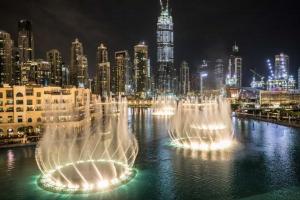The ultimate Stockholm museum guide
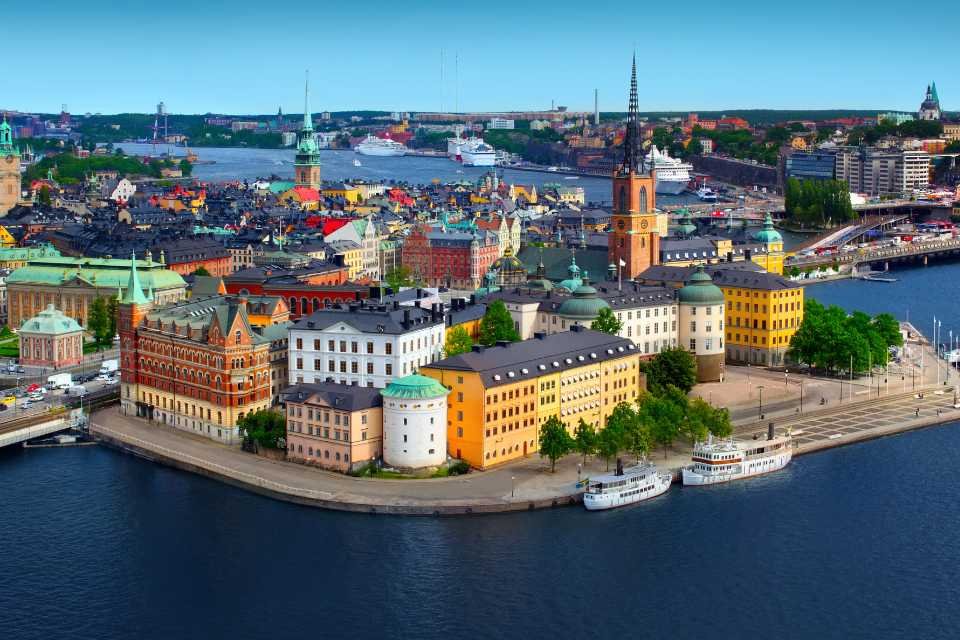
With such rich history and culture, there’s no surprise that Stockholm is jam-packed with museums celebrating everything from raised warships to celebrated singers. Indulge in Sweden’s finest artefacts, people and products with a visit to any museum on our comprehensive list.
Police Museum
The Police Museum is dedicated to the activities of the police and their role in society. The museum chronicles the evolution of the Swedish police force across time and what it's like to work as a cop nowadays. Exhibits also include forensic procedures and how police officers are portrayed in the media and popular culture. A police car, clothes, and a difficult case for kids to solve are all featured in the children's show.
Access to the Police Museum, and 45 other Stockholm museums and attractions, is included in the GO City Stockholm pass. Buy yours today and save some serious cash on your Stockholm trip!
Museum of Spirits

The Museum of Spirits is a one-of-a-kind cultural institution, located in two 18th-century galley sheds on Stockholm's Royal Djurgrden. Visitors can discover one of Scandinavia's most distinctive art collections, as well as a diversity of fragrances and flavours, through exhibitions and tastings at the Museum of Modern Art in Copenhagen. There are lovely views of Stockholm's inlet port and the seasonal beer dock included.
Nobel Prize Museum
The Nobel Prize Museum in Stockholm has been a location to honour those who have dedicated their lives to furthering debate in the natural sciences, the arts, and culture for nearly a century.
The Nobel Prize Museum houses a plethora of information about Alfred Nobel and the Nobel Laureates. Guided tours, videos, and many artefacts will accompany you on your journey from conception to Nobel Banquet. This cafe Shop serves lunch, Nobel ice cream, and other items.
Get the most out of your trip to the Nobel Prize Museum with a comprehensive guided tour that also included access to Stockholm City Hall.
Naturhistoriska Riksmuseet
Stockholm's Natural History Museum (Naturhistoriska Riksmuseet, literally, the Royal Museum of Natural History) and Gothenburg's Museum of Natural History are the two most important natural history museums in Sweden.
Although the Royal Swedish Academy of Sciences formed the museum in 1819, the majority of its collections date back to 1739, when the Academy was founded. For the first time in 1786, these collections were made available to the entire public. The Museum and the Academy were separated in 1965.
Nordiska museet
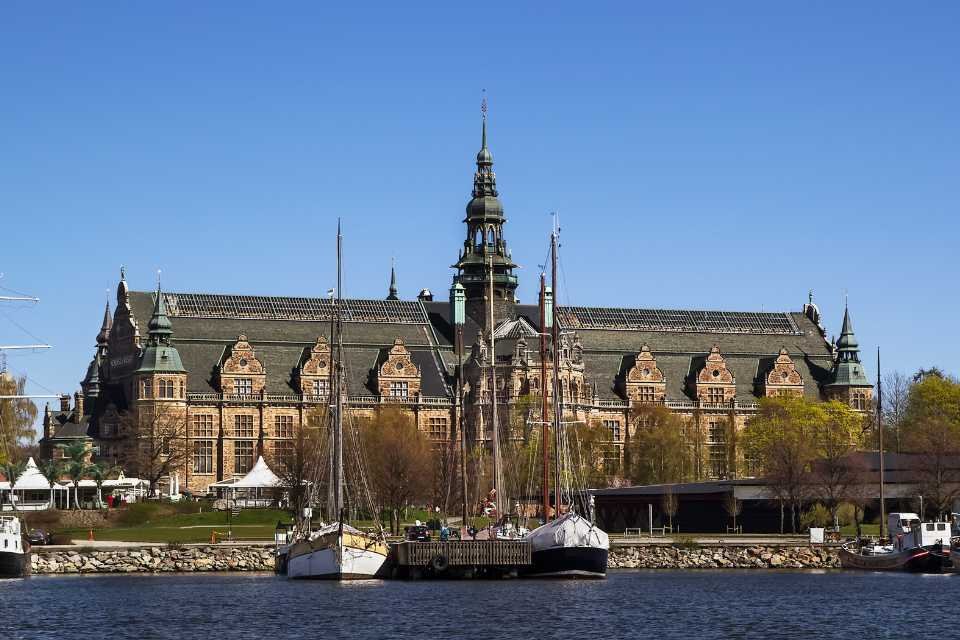
Nordiska museet, Sweden's largest museum of cultural history, tells the stories of the Nordic people and their way of life. Explore the past 500 years of fashion, clothing, textiles, and jewellery through the lens of folk art, architecture, and daily life. People from some of the world's coldest areas will be on display in the new major exhibition, The Arctic – While The Ice is Melting, at the Museum of Natural History. For the 2022 European Museum of the Year Award, Nordiska museet has been nominated for the award.
Tekniska museet
The Tekniska museet houses one of Sweden's most comprehensive collections of scientific and technology artefacts (National Museum of Science and Technology). The present structure in Stockholm's stermalm neighbourhood was built by architect Ragnar Hjort and finished in 1936.
The Tekniska museet contains a 10,000-square-meter exhibition space and a collection of 55,000 items. A massive machine hall, which contains steam engines as well as cars and planes, is on show at Stockholm's National Museum of Science and Technology.
Vasa Museum
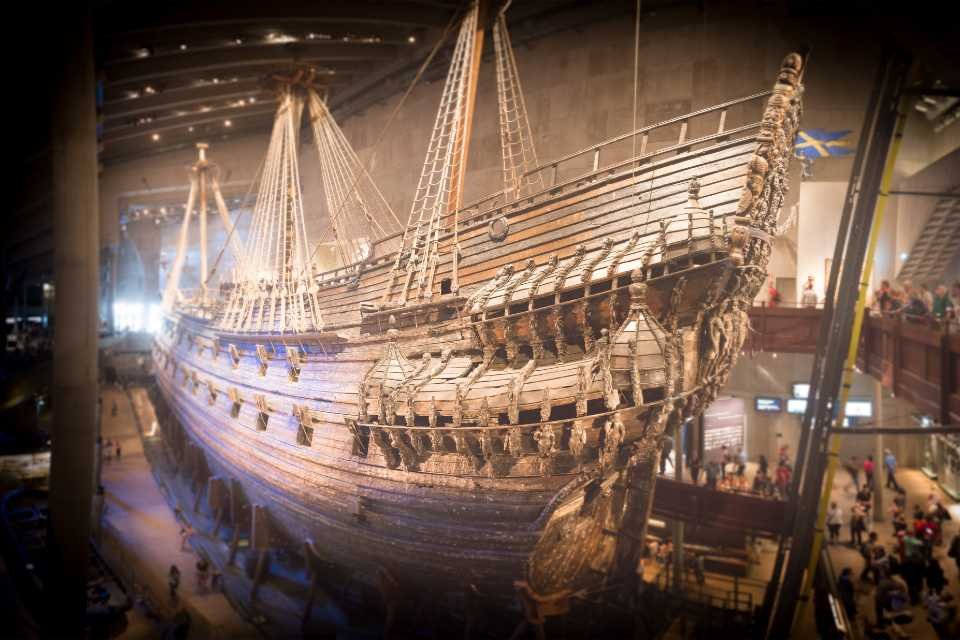
The 69-meter-long warship Vasa was salvaged from Stockholm Harbor 333 years after it sank and is now on display at the Vasa Museum. After decades of painstaking restoration, the ship is virtually back to her former glory. The three masts on the museum's roof represent the original ship's mast height.
The Vasa is a priceless work of art as well as the world's best-preserved 17th-century ship. The ship, which is built up of over 98 percent original components, is adorned with hundreds of carved sculptures.
There are several exhibitions on board that cover everything from life on board to the ship's history. The film about the Vasa is broadcast in a variety of languages. Visitors can also listen to an audio guide in a variety of languages using their own mobile devices.
Abba Museum
The Abba Museum is full of ABBA memorabilia like stage clothes and gold albums, as well as other honours and accolades, you can sing, dance, mix music and try on virtual stage clothes as part of the experience, which is both educational and entertaining. With the use of your ticket, you can also record and download your performance from the museum's online.
Stockholm Transport Museum
Ernst Hjortzberg, the proprietor of Stockholm's tram company, built the Stockholm Transport Museum in 1920. Hjortzberg began collecting tram-related artefacts in the final years of his career in Stockholm. Today, the museum demonstrates the importance of local activity in Stockholm in an instructive and interesting manner.
Only corporate personnel were first given access to this museum, which opened to the public in 1922, and this date is considered to be its beginning. Out-of-of-town guests couldn't enter the building until 1944, though.
An auto museum and other attractions may be found inside, including a former metro station that now functions as an exhibition space for Swedish art school graduates' work. One of the first horse-drawn trams from 1877 may be found here, making it the museum's oldest and largest exhibit.
Swedish National Museum
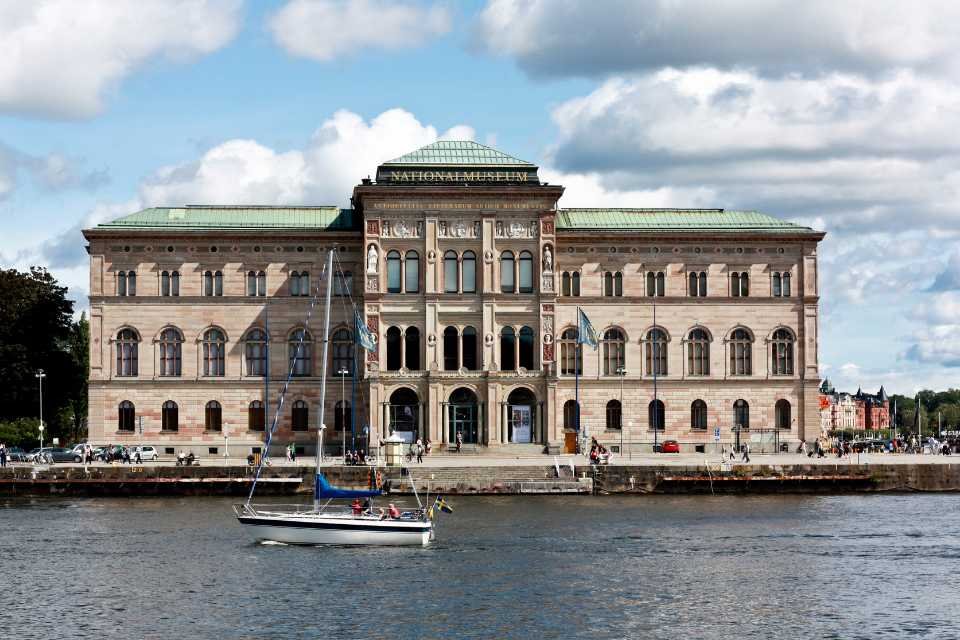
King Gustav III and Carl Gustaf Tessin, the museum's benefactors, amassed an extraordinary art collection, which can be explored at Sweden’s National Museum.
The museum houses a significant collection of Dutch and Flemish art from the 18th century, including works by Rembrandt, Ruben, and Frans Hals the Elder. There is a wonderful collection of china, paintings, sculptures and modern art to view as well.
Royal Museum
The Royal Museum, the first museum in the city, opened its doors in 1792. Architect Friedrich August Stüler constructed the current structure in 1866, drawing inspiration from the North Italian Renaissance style.
Waldemarsudde
Waldemarsudde in Stockholm, the former residence of Sweden's Prince Eugen, is one of the country's most stunning art museums. Apart from being a well-known landscape painter, the Prince amassed an enormous collection of works by well-known and obscure painters over the period of six decades. His collection of Swedish art from the turn of the nineteenth century, which includes over 3,000 of his own works and another 3,000 from other collectors, is now considered one of the best in Sweden.
Three sides of Waldemarsudde are encircled by the Stockholm Harbor, which is 70,000 square metres in size. The Mansion, the ancient manor house, the Old House, the Gallery Building, and an old linseed oil mill make up the complex. The Mansion's ground floor has been conserved in its original state, while the second and third floors are currently utilised to host temporary exhibitions or to display the Prince's art. In addition, the Gallery Building presents temporary exhibitions.
Army Museum (Armémuseum)
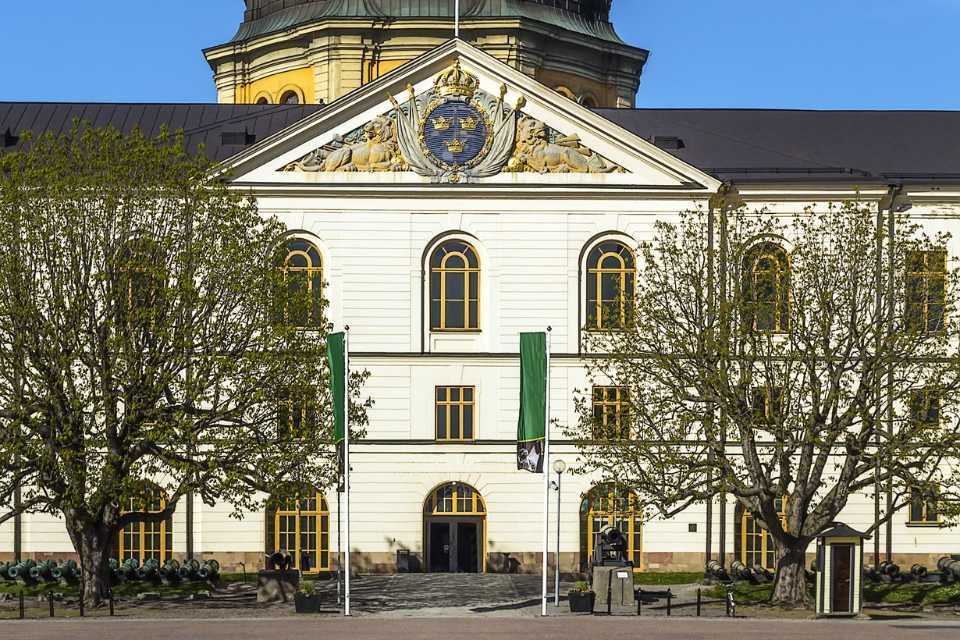
The Armémuseum is a military history museum in Stockholm, Sweden. Dedicated to Sweden's military history, Sweden's military neutrality policy, and the Swedish Army, this museum is located in Stockholm.
The museum is housed in a 17th-century arsenal that was used to manufacture and store artillery guns. There are life-size recreated soldiers in their various eras' uniforms on display in the Museum of Military History.
Several battles from Sweden's military history are on display in the museum. Aside from that, it features the trophies and flags of the 17th and 18th-century defeated armies.
State Historical Museum
In addition to the more than 20 million artefacts spanning from prehistoric times to the Middle Ages, there are eight life stories from prehistory on display, a Viking collection that explores Viking life and propaganda in the nineteenth and twentieth centuries, northern European church art, and a textile room.
Medeltidsmuseet
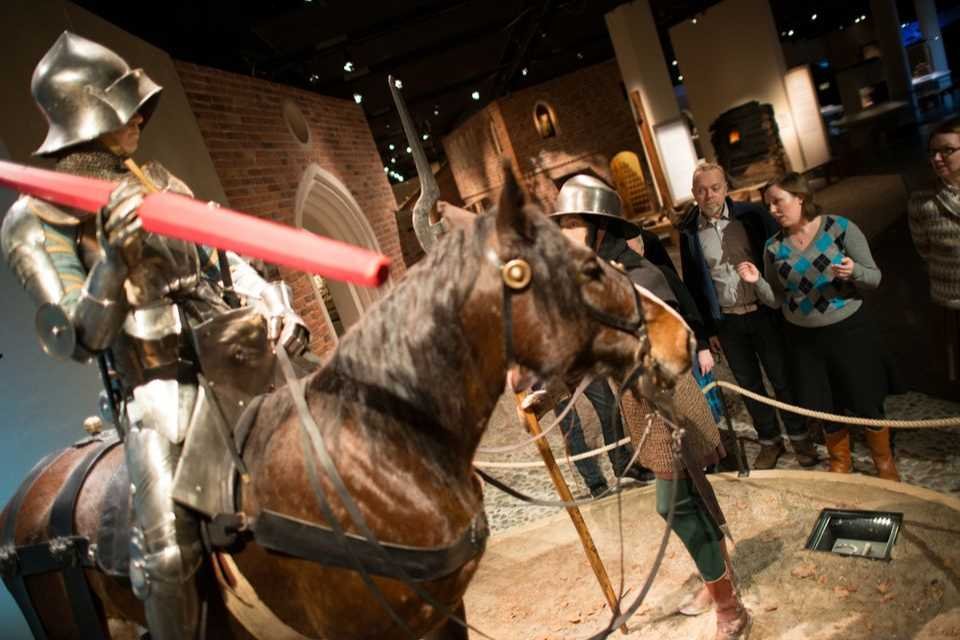
Photo credt © Stockholm Medeltidmuseet
The Museum of Medieval Stockholm (Medeltidsmuseet) is the perfect venue to learn about mediaeval life in Stockholm. An artifact-filled museum built on the ruins of Stockholm's 16th-century city walls offers visitors a view into Sweden's mediaeval past and offers a unique perspective on the country's history.
Medelhavsmuseet
An extensive collection of ancient and historical antiquities from the Mediterranean countries is housed in Sweden's Medelhavsmuseet.
Few museums in the world can provide visitors with a concise overview of the long and fascinating histories of Mediterranean countries, from the earliest evidence of human life in Mesopotamia and Egypt to the earliest Christian and Islamic cultures.
The museum is located in the heart of Stockholm in a former bank that was constructed in 1905 and features a neo-classical interior that is one of a kind in Scandinavian architecture. Visitors to the museum's Oriental café can enjoy a stunning view of the Royal Palace and the city's centre.
Skansen
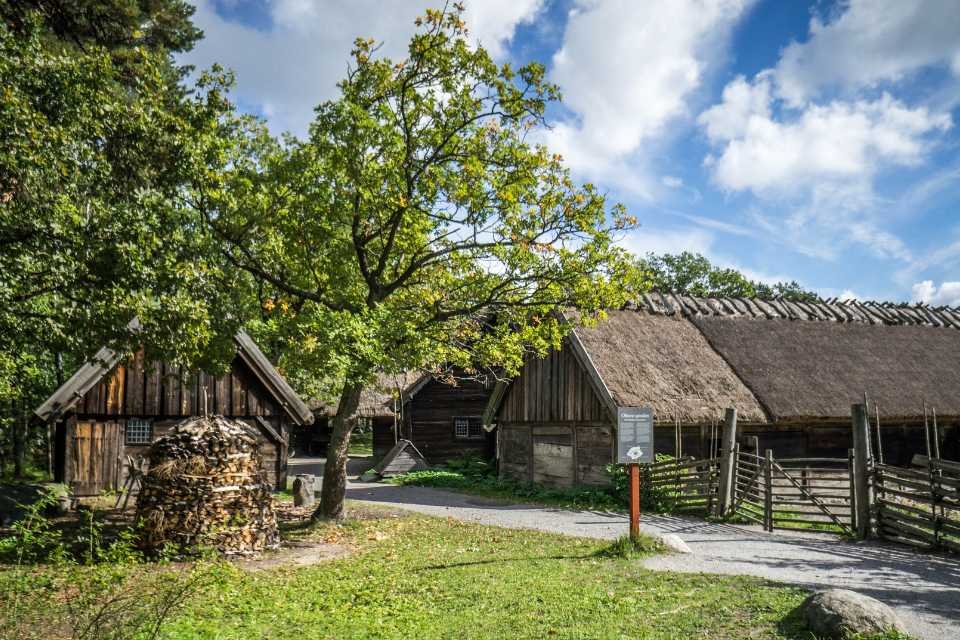
Skansen is the oldest open-air museum and zoo in the world. Artur Hazelius founded the museum in Stockholm in the late 19th century as a section of the Nordic Museum, which had been established in the same year (Nordiska Museet). It now serves as a reminder of the diversity of life in pre-industrial Sweden.
Skansen is a favourite among locals and tourists alike, and it's ideal for a day trip with the kids. The oldest outdoor museum in the world is located here.
From Skansen on Royal Djurgrden, you can see the best views of Stockholm from above. In addition, this is a small version of the country of Sweden. 150 farms and homes were dismantled and brought here from all across the country. The best times to visit Skansen are during typically Swedish events like Midsummer and Walpurgis Night.
Naval Museum
Stumholmen, a small island near Karlskrona, Sweden, is home to Sweden's Naval Museum. The museum's history dates back to 1752, when it was founded to tell the annals of Sweden's navy.
On the island of Stumholmen in Karlskrona, Sweden, the Naval Museum is found on a lovely pier that extends into the water. The facility, which has belonged to the Swedish Armed Forces for several centuries, allows visitors of all ages to learn about the fascinating history of the Swedish Navy.
Vrak museum
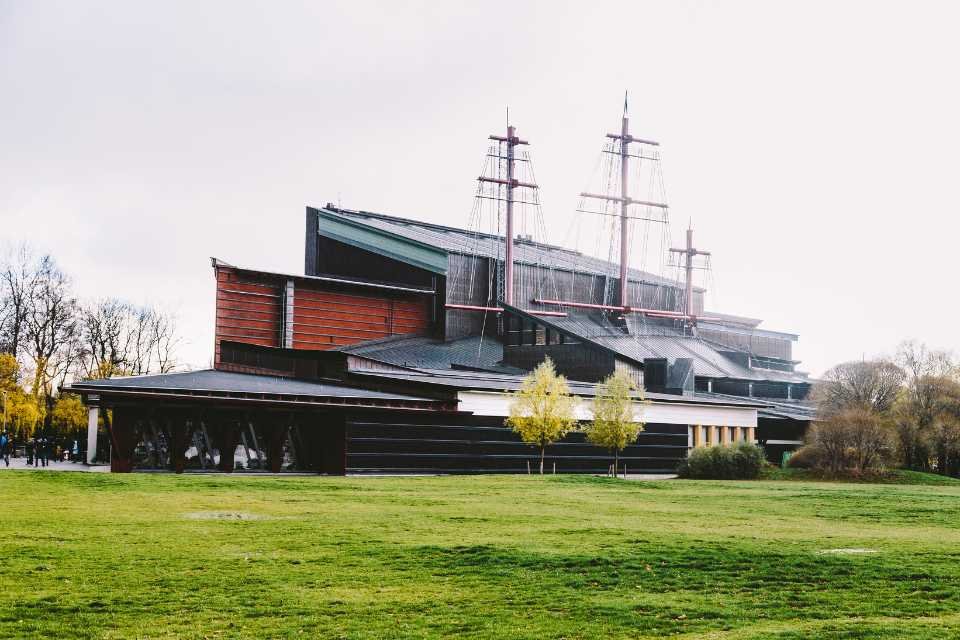
The Baltic Sea's wrecks and ruins are yours to explore in Vrak – literally ‘wreck’. The museum may be found on the lovely Royal Djurgrden, which is surrounded by historic shipyards, shipwrecks, and the Baltic Sea itself.
The museum is a treasure trove of lost loot and sunken ships that lay beneath the Baltic Sea. A new museum was needed to display the artefacts and relics that have been dredged and recovered over the years. A boat hangar from the 1940s, designed by functionalist architect Paul Hedqvist, currently houses the museum.
Viking Museum
Scandinavia is famous for the Vikings, and you'll get to know them through movies, exhibitions, projections, and sound effects, as well as archaeological artefacts, in the fascinating interactive museum.
All your burning viking questions will be answered by knowledgeable advisers dressed in Viking clothing, and numerous reproductions allow you to experience life as a Viking via all of your senses.
Viking attacks, voyages, and ship construction mastery will be covered, as well as the daily life of a typical farm from the era. Get ready to experience the Vikings up close and personal!
